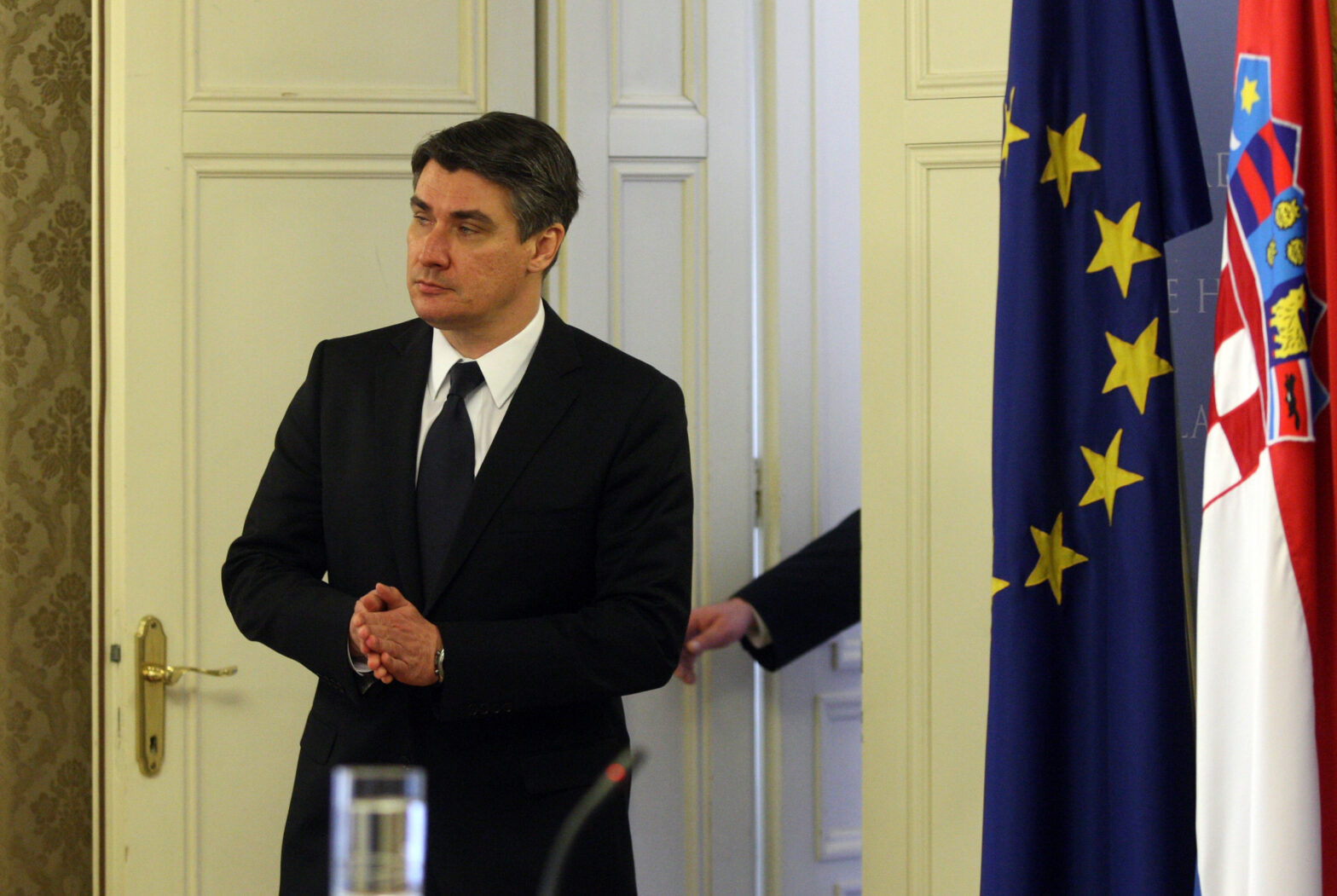The following is a discussion of the issue of transparency of Croatia’s accession process to the EU, presented from the perspective of non-state, civil society actors, whose insight into the interior dynamics of negotiations, primarily engaging the European Commission and the Croatian Government, was highly limited during the process.
The key challenge encountered was discrepancy between stated political commitments to transparency and inclusiveness and the actual negotiation and policy-making practices which were driven by a sense of urgency and even fear that public disclosure of negotiation documents, public consultations on acquis-related legislation and extensive public debates might stifle the process, weaken Croatia’s position and create political resistances.
The involvement of civil society and parliaments in the enlargement process
The picture is not black or white, and should be understood in the context of inherited political and administrative culture of closedness and silence, lack of experience of state administration with horizontal coordination and engagement of non-state actors, and a magnitude of policy issues to be dealt with, requiring specialist knowledge on part of state administration, parliamentarians and civil society actors.
The purpose of this paper is an exploratory review of barriers faced by civil society, in order to open discussion on ways to enhance transparency and inclusiveness of the forthcoming accession processes in the Western Balkans and Iceland, taking into account the potential benefits as well as risks of the enlargement policy on democratization both in the candidate countries as well as throughout the EU. It should be noted that this paper is based on existing information, drawn from public sources and consultations with activists and public servants engaged in the accession process.
The views expressed in the paper, that you can read HERE, primarily reflect those of the author who is a Croatian civil society activist, policy analyst and consultant, with special interest in the role of national parliaments in the accession process, working at the Research Centre of GONG, a Croatian civil society organization.
The most striking fact related to transparency of negotiations was the fact that most information was kept outside public reach even though there was no written confidentiality policy in place. The power of this informal norm meant that outside actors could not know on what documents they should focus. Only after several years of pressure by GONG, the Government started publishing basic information on documents discussed at the sessions post festum.
Author: Marina Škrabalo
